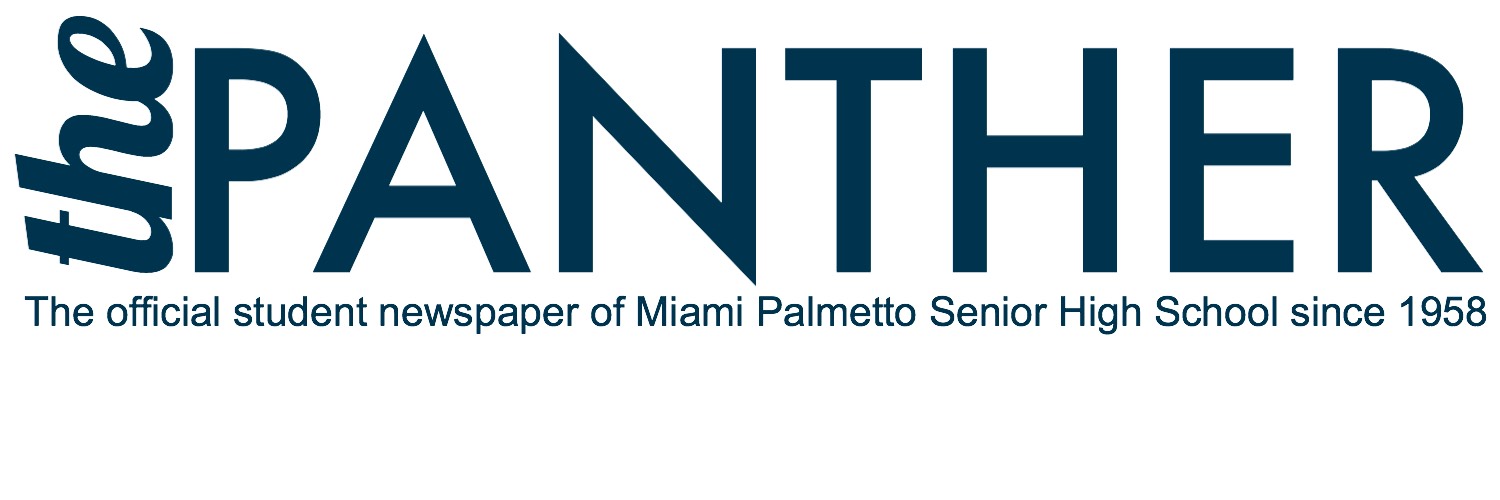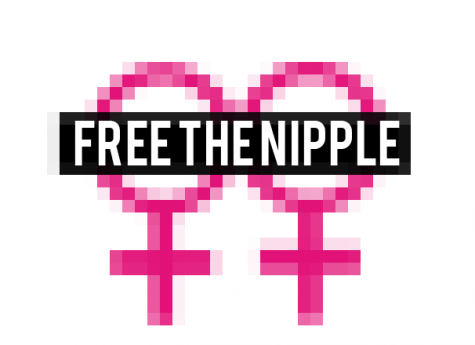Yacking over Yik Yak
Yik Yak: a social media app allows users to read and post their intimate thoughts and ideas anonymously. Though originally intended for college students, high schoolers quickly jumped on the bandwagon, creating a new society of ‘Yakkers’ (and no, they’re not barfing). The app allows viewers to “up-vote,” giving the original poster “Yakarma” points. Since posts can only be displayed in the feed within a 1.5 mile radius, conversations are kept exclusively local and relevant to the users surroundings.
With the word anonymous comes the concept of no consequences, due to no face or name attached to the posts. This leaves a cryptic leeway for users to pour out their deepest thoughts, expunge their conscience, or proudly type feelings they would never consider stating in public. At the surface, it may seem like an innovative idea — a way for young adults to express themselves and connect with others. Although Yik Yak seems to follow a positive path in universities, local high schools face a deeper, darker reaction with the crutch of anonymity.
Most high school students find themselves on Yik Yak during class and lunch, mindlessly scrolling through endless feeds written by their peers, some even as close as a couple desks away. As students pass humorous one-liners and entertaining observations, cyber bullying blatantly pollutes the screen; wounding remarks about someone’s appearance or an individual’s personal life plague the app.
Of course cyber bullying is not new. Websites such as ask.fm and 4chan proved infamous as catalysts for similar online harassment. The true anonymity of these sites give teenagers the freedom to post without repercussions, never forcing them to face the reality of the pain they may cause. However, Yik Yak poses a new, prominent threat, especially for high schools because of the personal nature of only posting to those in your proximity.
As Yik Yak grows and expands to reach more and more schools, each student body begins to be held down by the weight the app imposes. One in particular, Coral Reef Senior High, a close neighbor to Palmetto, faces the issue of constant bullying on the app. Full names are disclosed on the posts, followed by vengeful comments yearning for “up votes” and “yakarma points,” a point system encouraging the ill behavior. Students seem to unmercifully mock and put down others in 200 characters or less, all while cowardly (and conveniently) hiding behind a smart phone.
Although Palmetto has yet to feel the wrath of “full-blown Yak bullying,” a few comments berating fellow students make their way to the top of trending posts of the Pinecrest area.
“I posted on Yik Yak to be funny, but one time I saw my close friend being blasted for the shape of his nose. It really bothered me that people out there could write such hurtful things about someone,” senior Austin Smith said.
Many other students feel the same way as Smith. While the hurtful posts climb in numbers on the app, more people have become aware of the wrongdoings of not only cyber bullying through the app, but bullying in general.
Lately, recent posts have displayed the local Yakkers’ frustration with the amount of bullying on the app, calling the actions “immature” and down-voting those who post tasteless comments. Similarly, Yik Yak has been taking action to ban the app near any secondary schools, grabbing a better hold on teenage misuse of the app.
Overall, the road for Yik Yak has been brutal, from a care-free college app to a war-zone for high school teenagers. The Yik Yak future seems bright with the app’s creators placing more uptight restrictions while other users promote awareness of the costly effects of bullying.







